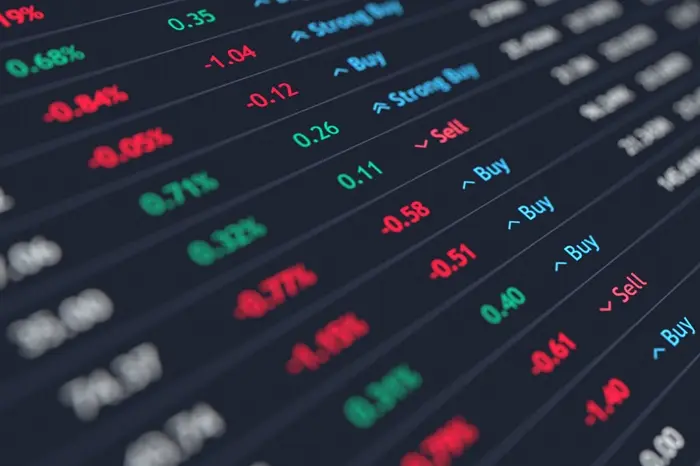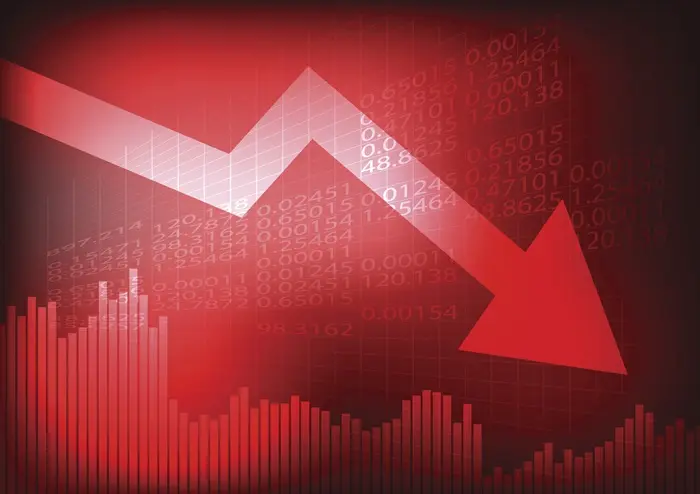In the world of investing, understanding market value is crucial to making informed decisions. When it comes to stocks, market value is one of the most significant metrics used by investors, analysts, and traders to evaluate the worth of a company. In this article, we will break down what market value in stocks means, how it is calculated, and why it is important to both investors and companies. Whether you’re a seasoned investor or a newcomer to the stock market, understanding market value can help you make smarter investment choices.
What Is Market Value?
Definition of Market Value
Market value, also referred to as market capitalization, is the total value of a company’s outstanding shares of stock. It represents what investors are willing to pay for a company’s shares in the open market. The market value of a company is a direct reflection of how investors view the company’s current worth and future potential.
Market value is essentially a snapshot of a company’s overall value as perceived by the market. Unlike book value, which is determined by a company’s balance sheet, market value fluctuates with changes in stock prices, market sentiment, and other economic factors.
Formula for Calculating Market Value
Current Stock Price: This is the price at which a company’s stock is currently trading on the market.
Total Number of Outstanding Shares: This refers to the total number of shares currently held by all shareholders, including institutional investors, insiders, and retail investors.
This would mean the company’s market value is $50 million.
Market Value vs. Book Value
It is essential to distinguish between market value and book value. Market value is determined by the stock market, while book value is determined by a company’s balance sheet, which shows the company’s assets, liabilities, and equity. The book value represents the net asset value of the company, whereas market value reflects investor sentiment, supply, and demand for the stock in the open market.
While book value is more static and based on tangible assets, market value fluctuates constantly as a result of market dynamics, economic factors, and investor expectations.
Importance of Market Value in Stocks
Indicator of Company Size
Market value is an essential tool for investors to determine the size of a company. Generally, companies are categorized based on their market capitalization. These categories are:
Large-cap stocks: Companies with a market value of over $10 billion. These companies are typically established, stable, and well-known, such as Apple, Microsoft, or Amazon.
Mid-cap stocks: Companies with a market value between $2 billion and $10 billion. These companies are often in a growth phase and may be riskier but offer the potential for higher returns.
Small-cap stocks: Companies with a market value of less than $2 billion. Small-cap stocks are usually newer, have higher growth potential, and come with a higher level of risk.
Micro-cap stocks: Companies with a market value of less than $300 million. These stocks are considered highly speculative and volatile.
By assessing a company’s market value, investors can quickly get an idea of the company’s size and its place in the market, which can guide investment decisions.
Investor Sentiment and Market Perception
The market value of a company reflects the collective sentiment of investors about the company’s financial health and growth prospects. If a company’s market value is rising, it typically means that investors are optimistic about the company’s future. Conversely, if the market value is falling, it suggests that investors may have concerns about the company’s performance or future potential.
Investors, analysts, and traders closely monitor fluctuations in market value to gauge the market’s perception of a company. For example, when a company reports strong earnings or enters a promising market, its stock price—and therefore its market value—may rise as investors become more confident in its future.
Mergers and Acquisitions
Market value plays a significant role in mergers and acquisitions (M&A). When one company acquires another, the target company’s market value is often used to determine the price of the acquisition. Companies with higher market values may be more attractive to buyers or investors, as they are seen as larger, more established, and less risky. A company’s market value can help potential buyers or investors determine a fair price for an acquisition, as well as the financial viability of such a transaction.
Comparing Companies
Market value allows investors to compare companies of similar sizes within the same industry. For example, if you are comparing two tech companies, looking at their market values gives you a sense of their size and the level of investor confidence. However, it is important to note that market value does not consider other factors, such as revenue, profitability, or growth potential, so it should be used alongside other metrics to get a full picture of a company’s health.
Impact on Stock Liquidity
The market value of a company also has a significant impact on its stock liquidity. Generally, companies with larger market capitalizations tend to have higher liquidity, meaning that their stocks are easier to buy and sell. This is because larger companies have a larger number of shares available for trading, and they tend to attract more institutional investors, leading to higher trading volumes.
Smaller companies, on the other hand, may have lower liquidity, which can make it harder for investors to enter or exit positions. This is one of the reasons why many investors prefer to invest in large-cap companies, as they tend to offer more stability and liquidity.
Factors Influencing Market Value
Several factors can influence the market value of a stock. These factors can vary based on the company’s industry, market conditions, and overall economic environment. Some of the key factors that influence market value include:
1. Company Earnings and Profitability
Earnings reports play a significant role in determining the market value of a company. Companies that consistently report strong earnings and profitability are often rewarded with higher stock prices, as investors anticipate continued success. Conversely, companies that report weak earnings or financial losses may see their market value decline.
2. Economic and Market Conditions
The overall health of the economy can affect stock prices and market value. In a strong economy, consumer spending is high, businesses are profitable, and stock prices tend to rise. In contrast, in a weak or recessionary economy, companies may struggle to grow, and their market values may decrease.
3. Industry Trends
Market value is often influenced by trends within a specific industry. For instance, tech stocks have experienced significant growth in recent years due to the increasing reliance on technology in daily life. As industries evolve and new technologies emerge, companies in those industries may experience shifts in market value.
4. Market Sentiment and Investor Behavior
Market sentiment, driven by investor emotions and psychology, can significantly impact market value. Positive news, such as product launches, partnerships, or acquisitions, can drive up stock prices. Conversely, negative news, such as lawsuits, regulatory challenges, or scandals, can cause a company’s stock price to fall.
5. Interest Rates and Inflation
Interest rates and inflation can also influence the market value of stocks. When interest rates rise, borrowing becomes more expensive, which can reduce corporate profits and slow economic growth. On the other hand, low interest rates can stimulate borrowing and investment, which may boost stock prices and market value.
How to Use Market Value in Stock Analysis
Market value is a critical metric in stock analysis, but it should not be used in isolation. Investors typically use market value alongside other financial metrics to evaluate a company’s potential. Some common ratios and methods that incorporate market value include:
Price-to-Earnings (P/E) Ratio
The P/E ratio compares a company’s stock price to its earnings per share (EPS). A higher P/E ratio suggests that investors are willing to pay more for the company’s earnings, indicating optimism about future growth. The P/E ratio is often used to assess the valuation of a company relative to its market value.
Price-to-Book (P/B) Ratio
The P/B ratio compares a company’s market value to its book value. A P/B ratio of 1 indicates that the market values the company at its book value. Ratios above 1 suggest that investors are willing to pay a premium for the company’s stock.
Dividend Yield
The dividend yield compares a company’s annual dividend to its stock price. Companies with a high market value often pay dividends to shareholders, and the yield can help investors assess the return they can expect from their investment.
Conclusion
Market value is an essential concept for investors to understand when analyzing stocks. It provides a snapshot of a company’s worth based on investor perception and market demand. By calculating market value, investors can determine the size of a company, assess its growth potential, and compare it with other companies in the same sector.
However, market value alone does not provide a full picture of a company’s financial health. To make informed investment decisions, investors should consider market value alongside other financial metrics, such as earnings, revenue, debt levels, and growth prospects. By using market value as part of a broader analysis, investors can make more informed, strategic investment choices.
Related topics:


































